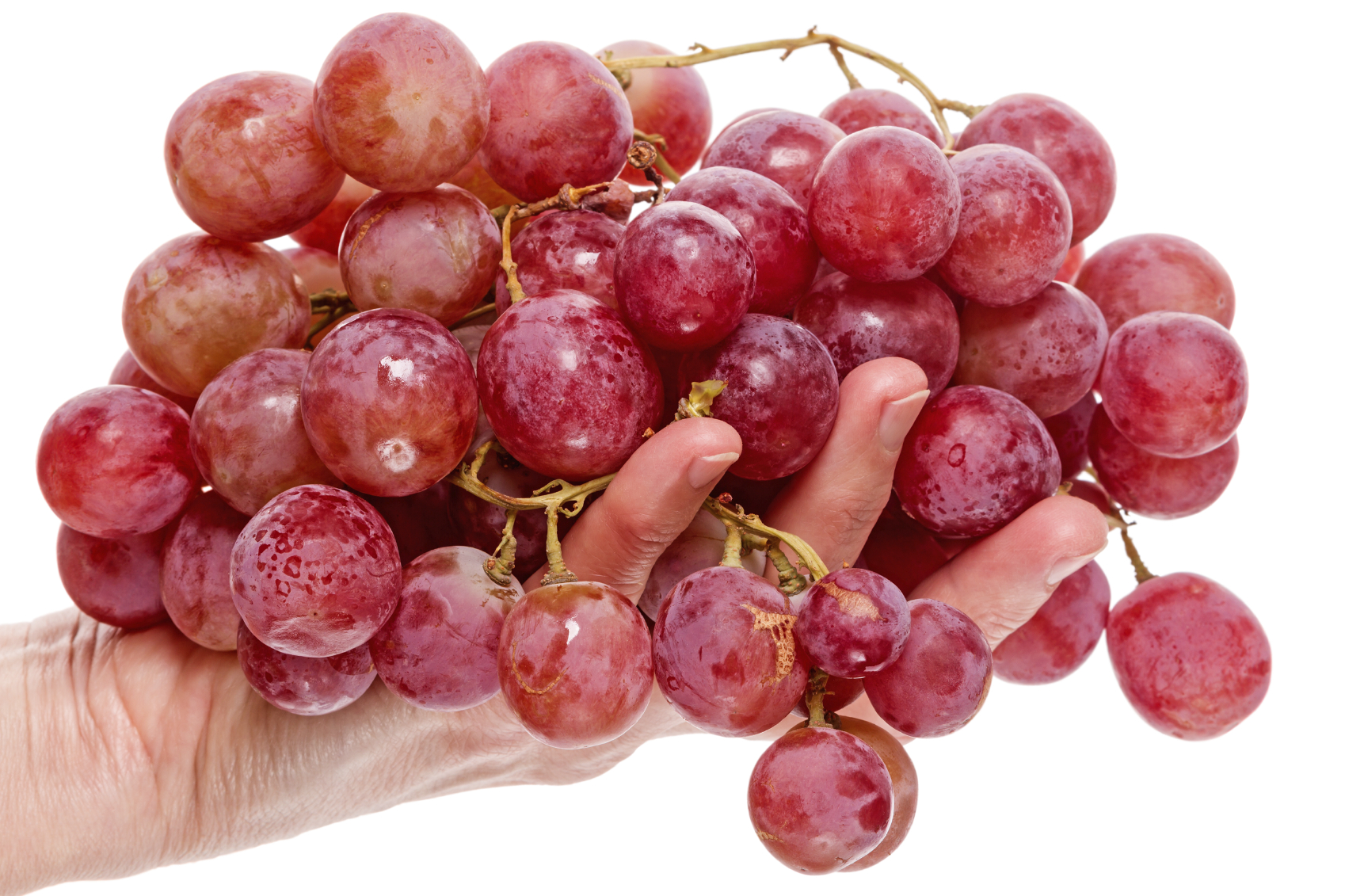No matter what the mainstream keeps telling you, sunscreen won’t help you avoid skin cancer.
Some even contain harmful chemicals—like oxybenzone—that can lead to skin conditions…or worse.1 We’ve told you before that it’s the snake oil of the 21st century. This doesn’t mean you shouldn’t protect your skin if you’re spending your weekends at the beach or enjoying the outdoors…
Here are five natural alternatives to sunscreen that help prevent cancer…and sunburns.
1. Vitamin D3: It’s the vitamin you get from direct sunlight. But it can actually help protect your skin against damage from the sun’s rays. One study found that D3 reduced sunburn in mice. Researchers report that it may have also helped prevent tumor development.2 Another study reveals that D3 may help stop—even reverse—skin aging from sunlight.3
You can keep your vitamin D levels in the optimum range of 50–80 ng/mL by eating wild-caught salmon and mushrooms. If you take a natural D3 supplement, aim for 5,000 IU per dose.
2. Red Grapes: These are rich in quercitrin—a flavonoid that may help reduce skin damage from ultraviolet B (UVB) radiation. These are the rays that cause sunburn…and lead to skin cancer. One study found that quercitrin has an antioxidant effect against UVB radiation.4 This will help prevent sunburns. But it may also lower inflammation—and ease the pain—from a sunburn when you already have one.
3. Tomatoes: Research shows that eating tomatoes may help shield your skin from the sun. One study found that eating 55 grams—about five tablespoons—of tomato paste each day protected women’s skin equal to a 1.3 SPF sunscreen.5 That may not sound like a lot. But remember, it also wasn’t a lot of tomato… It wasn’t even real tomato. Adding fresh, organic tomatoes to your diet will give you even more lycopene. This means better protection from the sun—and younger-looking skin to go with it.
4. Strawberries: Italian researchers discovered that strawberry extract helps lessen the effect of UVB damage to human skin cells. But it didn’t just offer protection. It also decreased DNA damage in the cells themselves. This helped these cells live longer. It even made them function better.6 But you don’t need the extract to see benefits. Whole strawberries are rich in anthocyanin. This potent antioxidant may also help you reduce oxidative damage and inflammation from sunburns.7
5. White Tea: One study shows that the catechins and antioxidants in green tea may lower inflammation while fighting off UV radiation damage.8 But white tea may be even more effective. White tea has 70% higher antioxidant content than green tea. It may also have up to 62% more catechins in each cup.9 Add fresh lemon juice to your white tea to help absorb catechins. Without it, you may lose up to 80% of the antioxidants in your tea.
Don’t forget to give your skin a break from direct sunlight every 30 minutes. It’s a simple way to help reduce damage from the sun. Just don’t waste your time and money with sunscreen. Use these five natural alternatives to sunscreen instead.
Like this Article? Forward this article here or Share on Facebook.
References:
1http://www.ewg.org/2014sunscreen/what-not-to-bring-on-vacation/
2http://www.ncbi.nlm.nih.gov/pubmed/21733837
3http://www.ncbi.nlm.nih.gov/pubmed/23467804
4http://www.sciencedirect.com/science/article/pii/S0041008X13001178
5http://www.huffingtonpost.co.uk/2012/06/07/tomato-anti-ageing-skin-sunburn-protection_n_1578519.html
6http://www.huffingtonpost.co.uk/2012/08/08/health-strawberries-protect-skin-from-uv-rays_n_1754885.html
7http://www.eurekalert.org/pub_releases/2012-08/f-sf-sep080312.php
8http://www.ncbi.nlm.nih.gov/pubmed/23351338
9http://www.ncbi.nlm.nih.gov/pubmed/20722909

